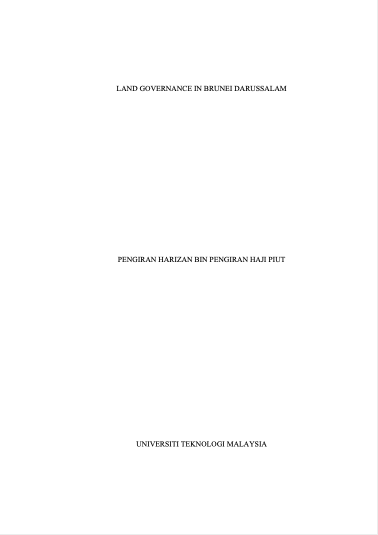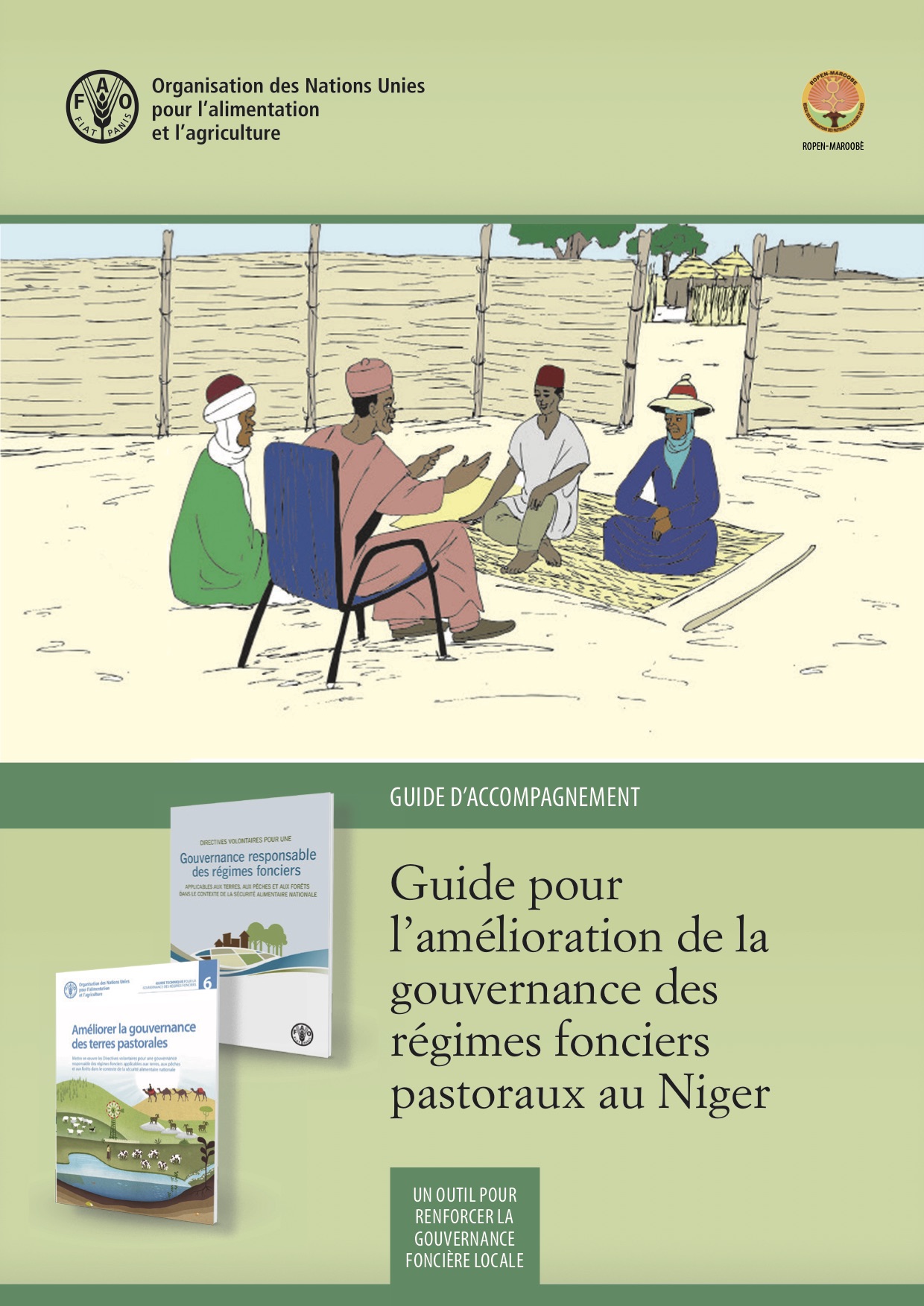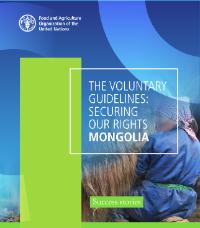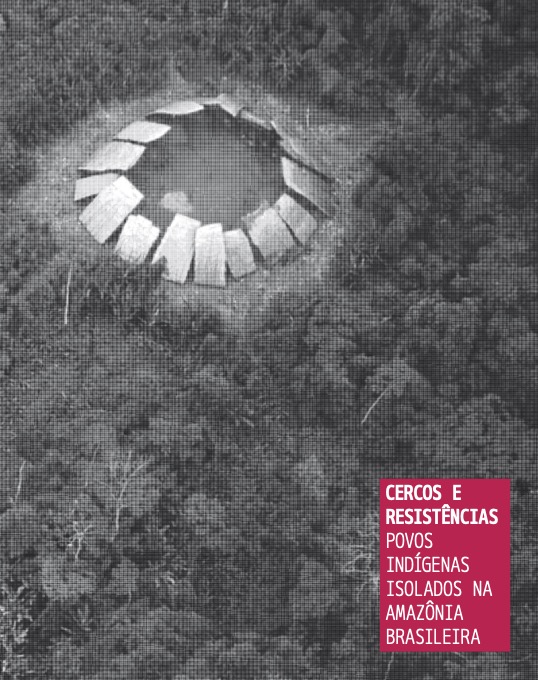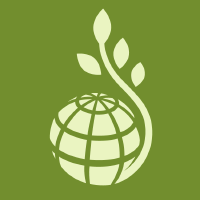Landscope: statistical evidence of tenure risk. Correlations between tenure disputes and geospatial indicators showing environmental, social and governance conditions
This report explains TMP Systems’ statistical analysis of how geospatial data showing indicators of local environmental, social and governance (ESG) conditions correlate with tenure risk. The results indicate strong enough correlations between some of these indicators and tenure risk, to support use of the indicators by companies and investors. This work underpins something new and useful, which is Landscope’s ability to provide location-specific risk assessments across many developing countries.


